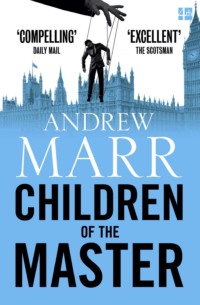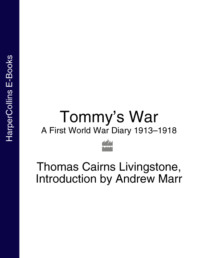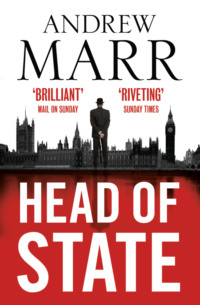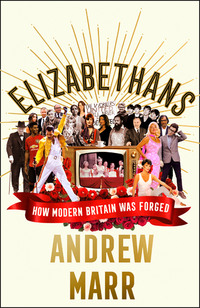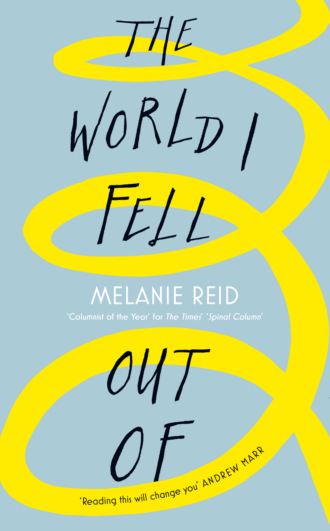
Полная версия
The World I Fell Out Of
Snippets only thereafter, those dreadful hours, as shock and morphine kicked in. I was struggling with the unfairness of it; I couldn’t believe what had actually happened. Good Friday, it was; how inappropriate was that; and I’d taken the day off work to take part in the cross-country instruction. At some point my poor husband appeared at my bedside, his handsome, ever-optimistic face crushed with shock. Already, I think, he knew more than I did. At one point I remember being slid into an MRI scanner, immobile, staring at the plastic tube wall just a couple of inches above my face. White noise, claustrophobia: the very stillness made my ears boil. I was utterly passive; all will was gone; I no longer had a body. Is this what it feels like, I thought, losing everything?
It was in the scanner, though, that I had an epiphany. So weird was this experience, so unimaginable was it, at the cutting edge of catastrophe, immured like a mummy in a high-tech tube, that I suddenly thought – I’ve got to tell people about this, I’ve got to write about it. It’s just so interesting. Who knew? On reflection, that point of deliberate detachment from myself was hugely important. It was self-preservation: a way of ensuring I kept control of my emotions. Steel shutters were clanging down in my head: I dared not even think about my son, just emerging from his teenage years, or of my sorry future. But I could safely bear witness and carry on writing in my head. A correspondent from a hidden war.
Another fragment of memory. A consultant came to talk to us. He was an orthopaedic surgeon, the director of the spinal unit. He placed one fist on top of the other, upwards, in a tower, like the playground game one-potato-two-potatoes, little fingers of one hand resting on the clenched thumb of the other. ‘Horses, eh?’ he said. ‘Used to keep them myself. Dangerous things.’ He seemed almost cheerful, as if I was more satisfying than a road accident. ‘You have fractured your spine at T12,’ he said, ‘but that’s not so important. You have broken your neck at C6; the two vertebrae have gone like this’ – he angled his fists, bending the tower in half, ‘and compressed the spinal cord on one side and stretched it on the other. That’s where the damage is.’
‘Is the cord severed?’ I asked.
No, he said. And that was all I wanted to know. If it wasn’t severed then there was hope.
What I didn’t know was that Dave had already been taken aside and gently told to prepare for me being in a wheelchair for the rest of my life. He was to go home, this proud, tough, man’s man, and spend the next two nights howling in despair and grief. Who can comfort anyone after news like that? And how can I ever escape the guilt of loading so much pain on him and on Douglas, my son – the two people who love me most in all the world? Even now, that is a kernel of grief which nestles at the centre of my being. I did this to me. But I did it to them too.
While wider family life was in meltdown, the news rippling out, by contrast I was removed to a place of eerie, enforced calm. My first night of my new life was spent in the high dependency unit, doped to the eyeballs on opiates. ‘Serious but stable,’ said the bulletin released to my colleagues in the media. I would need a delicate operation to stabilise my neck, but my timing had been exquisitely inappropriate: just as I ploughed into the soil, Jesus was believed to be rising from the dead, everyone was on holiday, and no neurological spinal surgery would take place until Tuesday. In the meantime, with a spine unstable in two places, I must be kept totally immobile, nil by mouth, fighting nausea.
The unit was a calm, bewildering, slow-motion cocoon. The room seemed soft round the edges, orangey in colour. I lay and stared at the dinner-plate bit of ceiling available to me, listening to a deranged woman nearby, raving in broad, angry Glaswegian. All I could move were my eyeballs. Hours passed without sleep, while my brain churned with despair. I was dimly aware, though, of a kind presence forever at my shoulder, stopping me from being alone, murmuring kind words. Early in the morning, before I was transferred to the spinal unit, someone – I presumed the same nurse – spoke. ‘When you’re better, come back and see me. My name is Bridget,’ she said. The words strung themselves into a banner in my head, as fragile and as sturdy as Tibetan prayer flags. I grasped them as a lifeline. In the apricot dark, she had given me the gift of human company, connection, hope, a future. One day I would go back. It was the first positive thought I had had.
Years later, by sheer chance, I found Bridget. Who was in fact called Brenda, and it was her co-worker Kate who had sat at my shoulder all night. Morphine turns many nurses, in the perception of their patients, into the Angel of Mons, and many more, unfairly, into Nurse Ratched; but these women were special. What continues to astonish me is that they remembered me amongst the thousands of smashed-up bodies they see in a major trauma hospital.
‘You were a fairly unusual case for us,’ Kate told me. ‘You were covered in mud from your fall. But what I remember was the way you lay awake all night, just looking at the ceiling. I could see your mind turning over and over. And I remember desperately wishing I could do something to put it right, to turn back the clock for you …’ her voice trailed off ‘… but all I could do was sit beside you sponging your mouth. We washed the mud off you in the morning. And I’ve often thought about you since, wondered what happened to you.’
As I have wondered myself.
Конец ознакомительного фрагмента.
Текст предоставлен ООО «ЛитРес».
Прочитайте эту книгу целиком, купив полную легальную версию на ЛитРес.
Безопасно оплатить книгу можно банковской картой Visa, MasterCard, Maestro, со счета мобильного телефона, с платежного терминала, в салоне МТС или Связной, через PayPal, WebMoney, Яндекс.Деньги, QIWI Кошелек, бонусными картами или другим удобным Вам способом.


